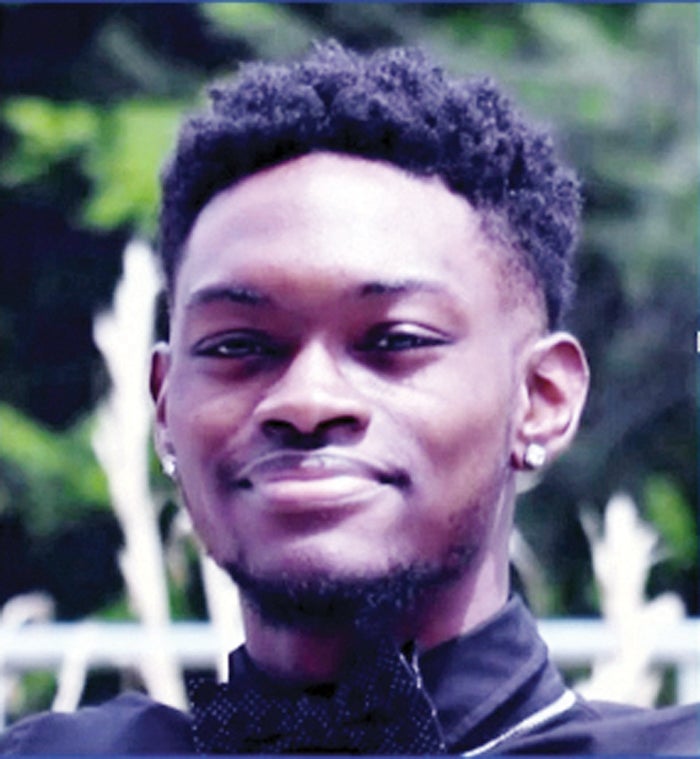South Rowan trainer’s diligence pays off
Published 12:10 am Saturday, June 3, 2023

- Trayvon Simmons
LANDIS — A trainer at South Rowan is being heralded as a hero after detecting something amiss with a student-athlete that proved to be a serious situation.
A native of Currituck County, Trayvon Simmons graduated from Western Carolina University one year ago and immediately went to work for Novant in Rowan County.
Novant works with the Rowan-Salisbury Schools system to supply athletic trainers to the various high schools throughout the district. Simmons was assigned to South.
“The first year, I introduced myself to every coach and team and shared a little bit about myself,” Simmons said. “I try to be easygoing. I’m not very intimidating and keep everything out in an open, comfortable airspace. Whether that means keeping my door open or playing music, most of my kids know they can talk to me about anything and everything.”
That open line proved helpful when one athlete kept complaining of leg pain.
During the last school board meeting, Rowan-Salisbury Schools’ communications director Michelle Shue explained that the three-sport female athlete was playing volleyball when the visits to Simmons began.
“Simmons was assessing her throughout that time, giving her some exercises and recommendations as an athletic trainer,” Shue said.
Shue described the initial concerns as hip flexor pains that persisted into swim season and eventually track.
“As each season progressed, so did her pain and her injury,” Shue said. “She got to the point where she was having trouble even walking.”
Simmons added, “The biggest referral sign you can get is a night pain, an excruciating pain, numbness and tingling or a consistent pain that doesn’t get better.”
That extended timetable started raising red flags for Simmons.
Shue indicated that when the student came in the last time, Simmons looked at her leg and said, “I think we need to talk to Mom.”
When the student’s mother picked her up, Simmons insisted they get an appointment with an orthopedic.
The physician performed X-rays and discovered the student had a cyst on her femur.
“There is no mechanism for that,” Simmons said. “Usually, with sports injuries, something causes it.”
According to the Mayo Clinic, a cyst is an abnormal, usually noncancerous growth filled with liquid or a semisolid substance, sometimes causing pain.
Surgery is an option for some types of cysts, including the one the South Rowan student had.
Shue credits Simmons attention to detail for saving the student.
“We always want to tell them just to put ice on things and tell them to work it out,” Shue said. “Athletes are often expected to deal with a certain amount of pain.”
Without Simmons paying attention to the progression he saw with the athlete, the result might not have been as positive.
Simmons dismissed his efforts saying he was just doing his job, but he acknowledged that he was relieved the student was going to be alright.


